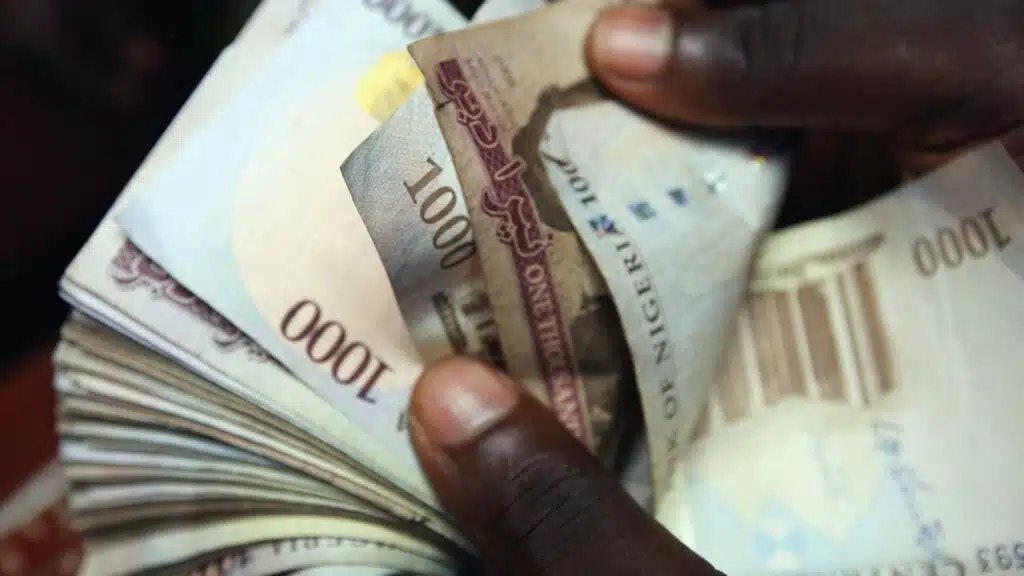Nigeria’s bold decision to extend its “naira-for-crude” policy is already reshaping the domestic fuel landscape, with Dangote Petroleum Refinery reducing its ex-depot price of petrol for the second time in one week.
As the country navigates the complexities of inflation, currency volatility, and energy dependency, this strategic pivot is being hailed by economists as a stabilizing force that can deliver long-term gains—if properly managed.
Highlights
- Dangote Petroleum Refinery reduces petrol ex-depot price twice in one week
- Naira-for-crude policy praised for mitigating forex pressure and stabilizing inflation
- Experts urge further exchange rate stabilization to accelerate trickle-down benefits
- Calls grow louder for Dangote Refinery to list on the Nigerian Stock Exchange
- Policy expected to encourage modular and new refinery projects nationwide
Price Drop and Policy Impact
According to Chief Economist Paul Alaje of SPM Professionals, the reduction in petrol prices by Dangote is a direct result of the naira-for-crude policy.
“Had that policy not been extended,” Alaje warns, “we could be facing an exchange rate of 1,800 to 1,900 naira per dollar and the prospect of paying for petrol in U.S. dollars.”
The naira-based transaction framework is easing pressure on Nigeria’s foreign reserves, reducing reliance on imports, and providing a lifeline to the struggling naira. It has also triggered early signs of energy price stability, contributing indirectly to the moderation of inflation.
Inflation and the Price Stickiness Challenge
Despite the refinery’s price cuts, many consumers have yet to feel the relief. Alaje points out that price stickiness—especially in transportation fares—is a global phenomenon.
“Prices go up quickly but come down slowly,” he says.
To accelerate consumer benefit, he recommends pairing fuel price stabilization with further efforts to anchor the exchange rate.
Listing Dangote Refinery: A National Imperative?
The policy shift and Dangote’s strategic pricing moves have reignited calls for the refinery to list on the Nigerian Stock Exchange. Such a listing, analysts argue, would enhance transparency, democratize ownership, and improve Nigeria’s standing with global rating agencies.
“If the refinery lists, it could boost both investor confidence and national economic perception,” says Alaje.
“But it remains a business decision that rests with the Dangote Group.”
A Catalyst for More Refineries
The success of the naira-for-crude framework is expected to incentivize other domestic refiners. Modular refineries and newly licensed facilities can now participate more competitively without relying on volatile foreign exchange markets.
“This policy removes a key barrier to entry for new players,” Alaje notes. “It could finally free Nigeria from decades of dependency on imported refined petroleum.”
Turning Point in Nigeria’s energy and economic policy
The naira-for-crude initiative, paired with Dangote Refinery’s proactive pricing strategy, signals a turning point in Nigeria’s energy and economic policy. While immediate gains at the pump may take time to reach end-users, the foundational shifts underway could chart a more stable and self-sufficient future for the country.
Continued FX stability and alignment between the public and private sectors will be key to maximizing the impact.







